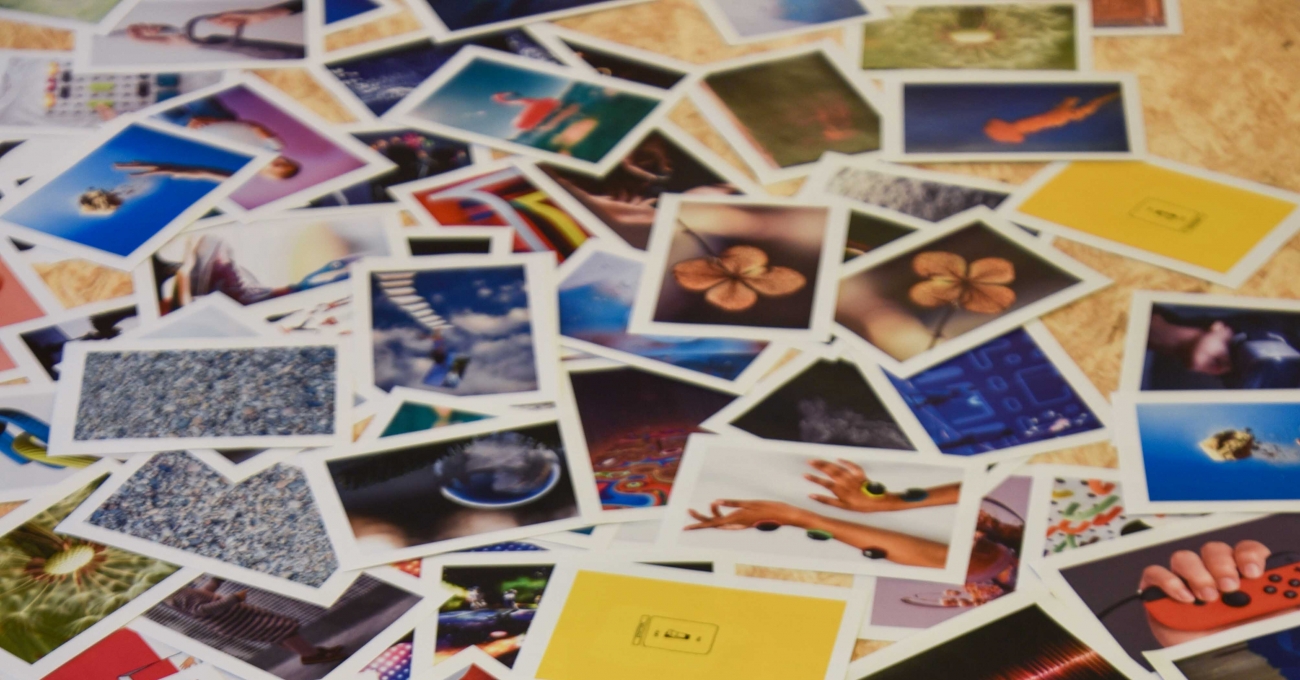
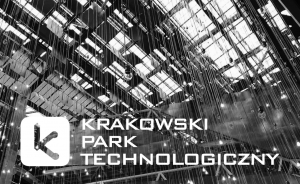 KTP is finalising one part of the co-creation journey! The 1st prototype – the Air Protection Programme for Malopolska Region is almost ready to be launched. It is now time for the 2nd prototype: an IT based solution that was created under Smogathon, to address one of the challenges defined during code-signing Air Protection Programme. The solution has been prepared for both residents and enterprises operating in the region. Thanks to the platform, the residents will obtain ongoing access to information on air pollution incidents coming from industrial plants and will be advised on how to respond to these incidents. The platform will enable enterprises to register their permits for emission in a unified and structured manner, facilitate monitoring of pollution levels and provide easy access to historical data. The solution aims to support regional and local authorities as well as regional environmental protection inspectorate in monitoring and controlling of the pollution originating from industry in the region.
KTP is finalising one part of the co-creation journey! The 1st prototype – the Air Protection Programme for Malopolska Region is almost ready to be launched. It is now time for the 2nd prototype: an IT based solution that was created under Smogathon, to address one of the challenges defined during code-signing Air Protection Programme. The solution has been prepared for both residents and enterprises operating in the region. Thanks to the platform, the residents will obtain ongoing access to information on air pollution incidents coming from industrial plants and will be advised on how to respond to these incidents. The platform will enable enterprises to register their permits for emission in a unified and structured manner, facilitate monitoring of pollution levels and provide easy access to historical data. The solution aims to support regional and local authorities as well as regional environmental protection inspectorate in monitoring and controlling of the pollution originating from industry in the region.
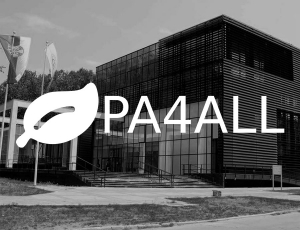 In order to ensure project sustainability, PA4ALL applied for national funds in order to be able to supply additional meteostations to other high schools specialized in agriculture, apart from the one where prototyping took place. The funds were granted since the Lab had great support from the school directors, who saw this as an opportunity to educate the children using precision agriculture technologies and agriculture software. The meteostations are being installed in 8 schools around Serbia, in Sombor, Vršac, Požarevac, Kraljevo, Smederevo, Bačka Topola, Zrenjanin, Šabac; cities which include both northern and southern Serbia. These activities will bring the Lab closer to its long term goal – initiating and finally changing the curriculum applied in high schools specialized in agriculture on a national level.
In order to ensure project sustainability, PA4ALL applied for national funds in order to be able to supply additional meteostations to other high schools specialized in agriculture, apart from the one where prototyping took place. The funds were granted since the Lab had great support from the school directors, who saw this as an opportunity to educate the children using precision agriculture technologies and agriculture software. The meteostations are being installed in 8 schools around Serbia, in Sombor, Vršac, Požarevac, Kraljevo, Smederevo, Bačka Topola, Zrenjanin, Šabac; cities which include both northern and southern Serbia. These activities will bring the Lab closer to its long term goal – initiating and finally changing the curriculum applied in high schools specialized in agriculture on a national level.
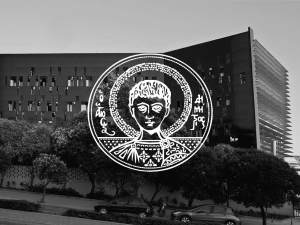 Thess-AHALL is promoting the “Partners of Life” inclusive, life-long learning activities and participatory research programme for older adults, as a way to increase their active citizenship, enhance knowledge, attitudes and skills, and tackle ageism and the cultural stigma towards this specific target population. The step-by-step methodology will be available in an online guide, accessible to all those interested.
Thess-AHALL is promoting the “Partners of Life” inclusive, life-long learning activities and participatory research programme for older adults, as a way to increase their active citizenship, enhance knowledge, attitudes and skills, and tackle ageism and the cultural stigma towards this specific target population. The step-by-step methodology will be available in an online guide, accessible to all those interested.
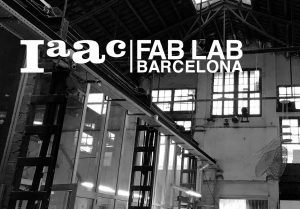 IAAC|Fab Lab Bcn is producing a book to support local communities to adopt circular practices in neighborhoods. Based on the experience in Poblenou (Barcelona) with the collective Remix El Barrio, it will propose some tips to synergize with local stakeholders, create recipes from food waste and surplus, analyze biomaterial compostability and envision business models for a new range of social entrepreneurs.
IAAC|Fab Lab Bcn is producing a book to support local communities to adopt circular practices in neighborhoods. Based on the experience in Poblenou (Barcelona) with the collective Remix El Barrio, it will propose some tips to synergize with local stakeholders, create recipes from food waste and surplus, analyze biomaterial compostability and envision business models for a new range of social entrepreneurs.
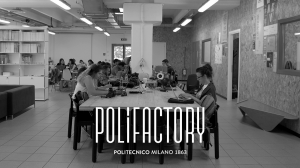 Polifactory is developing BODYSOUND, a system focused on physical reactivation of limbs based on the transformation of movement into sound.
Polifactory is developing BODYSOUND, a system focused on physical reactivation of limbs based on the transformation of movement into sound.
Within a sensor «room», children can perform a choreography and transform it into a melody. The system will be able to detect the child’s movement and to send, through a wearable device, a haptic feedback to guide him/her. The solution is specifically thought for children affected by Cerebral Palsy but it can be used by everybody
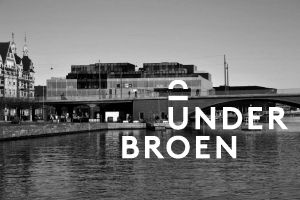 Maker is developing and creating a community of local plastic recyclers to push forward a local circular model and ecosystem for small to medium size entrepreneurs and makers working with circular economy in Copenhagen. The community and ecosystem model is called PIPO – ‘Plastic In, Plastic Out’, and targets the environmental crisis regarding plastic waste on a national and global level. PIPO initially concludes how solutions that combine a desire to reduce, reuse and recycling in design, fabrication and consumption is achieved through a locally anchored systemic approach bridging local stakeholders. utilizing existing knowledge, capacities and technical solutions to prototype and scale a small to medium size circular system for producing new materials and product cases from recycled plastics.
Maker is developing and creating a community of local plastic recyclers to push forward a local circular model and ecosystem for small to medium size entrepreneurs and makers working with circular economy in Copenhagen. The community and ecosystem model is called PIPO – ‘Plastic In, Plastic Out’, and targets the environmental crisis regarding plastic waste on a national and global level. PIPO initially concludes how solutions that combine a desire to reduce, reuse and recycling in design, fabrication and consumption is achieved through a locally anchored systemic approach bridging local stakeholders. utilizing existing knowledge, capacities and technical solutions to prototype and scale a small to medium size circular system for producing new materials and product cases from recycled plastics.
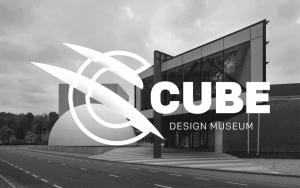 Cube design museum is working on citizen engagement and co-design with local policy makers to improve quality of life in the South Limburg region of the Netherlands.
Cube design museum is working on citizen engagement and co-design with local policy makers to improve quality of life in the South Limburg region of the Netherlands.
With the aim of supporting the local community in pursuing sustainable liveability, Cube is experimenting with a group of active citizens in the small village of Ransdaal and policymakers from the municipality of Voerendaal to which the village belongs, to develop a tool and methodology for co-design and participation processes.
Ransdaal is one of many small villages in this region that are ageing and shrinking, facing several challenges that will increasingly affect the citizens’ quality of life in the future.
The prototype of the tool consists of a co-design canvas that helps multiple stakeholders to discuss and reflect on shared goals and expectations, in order to better plan, align, prioritize and evaluate citizen initiatives.
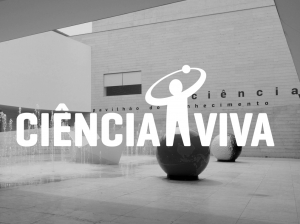 Ciência Viva is developing an annual festival devoted to the DIY construction of real size kayaks that can be used in rivers or similar conditions. The festival encompasses an online learning module (boat design, building, and related skills), show-and-tell activities (workshops and demonstrations for the general public), and awareness and advocacy initiatives for engagement in creative citizenship in the river. Crucially, participants in the festival will be challenged to create and develop contents for its three components.
Ciência Viva is developing an annual festival devoted to the DIY construction of real size kayaks that can be used in rivers or similar conditions. The festival encompasses an online learning module (boat design, building, and related skills), show-and-tell activities (workshops and demonstrations for the general public), and awareness and advocacy initiatives for engagement in creative citizenship in the river. Crucially, participants in the festival will be challenged to create and develop contents for its three components.
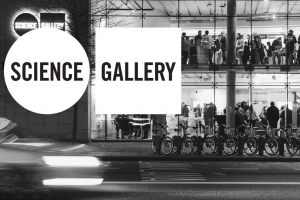 Science Gallery Dublin set out to tackle mental health and wellbeing management in young people. Throughout our co-creation journey, we worked with young people, teachers, researchers and policymakers to co-create a mental health module for use in the Irish classroom. The OPEN MIND programme aims to equip young people with wellbeing management tools, foster mental health literacy, promote empathy and inclusion, and improve teamwork and co-creation skills.
Science Gallery Dublin set out to tackle mental health and wellbeing management in young people. Throughout our co-creation journey, we worked with young people, teachers, researchers and policymakers to co-create a mental health module for use in the Irish classroom. The OPEN MIND programme aims to equip young people with wellbeing management tools, foster mental health literacy, promote empathy and inclusion, and improve teamwork and co-creation skills.
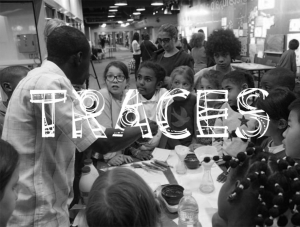 Traces has gathered a transdisciplinary co-design team to tackle the challenge of the intelligibility of AI or artificial agents which have become pervasive in all human activities. After a series of public events and stakeholder engagement activities, we organized two prototyping workshops focused on the experience of a theatre play in which humans and artificial intelligences were co-spectators. A new iteration of our prototype took place on the 29th of June which was digitally facilitated to explore further this notion of co-spectatorship. The question: what happens when we experience collectively and individually a process of machine learning as a potential performance?
Traces has gathered a transdisciplinary co-design team to tackle the challenge of the intelligibility of AI or artificial agents which have become pervasive in all human activities. After a series of public events and stakeholder engagement activities, we organized two prototyping workshops focused on the experience of a theatre play in which humans and artificial intelligences were co-spectators. A new iteration of our prototype took place on the 29th of June which was digitally facilitated to explore further this notion of co-spectatorship. The question: what happens when we experience collectively and individually a process of machine learning as a potential performance?